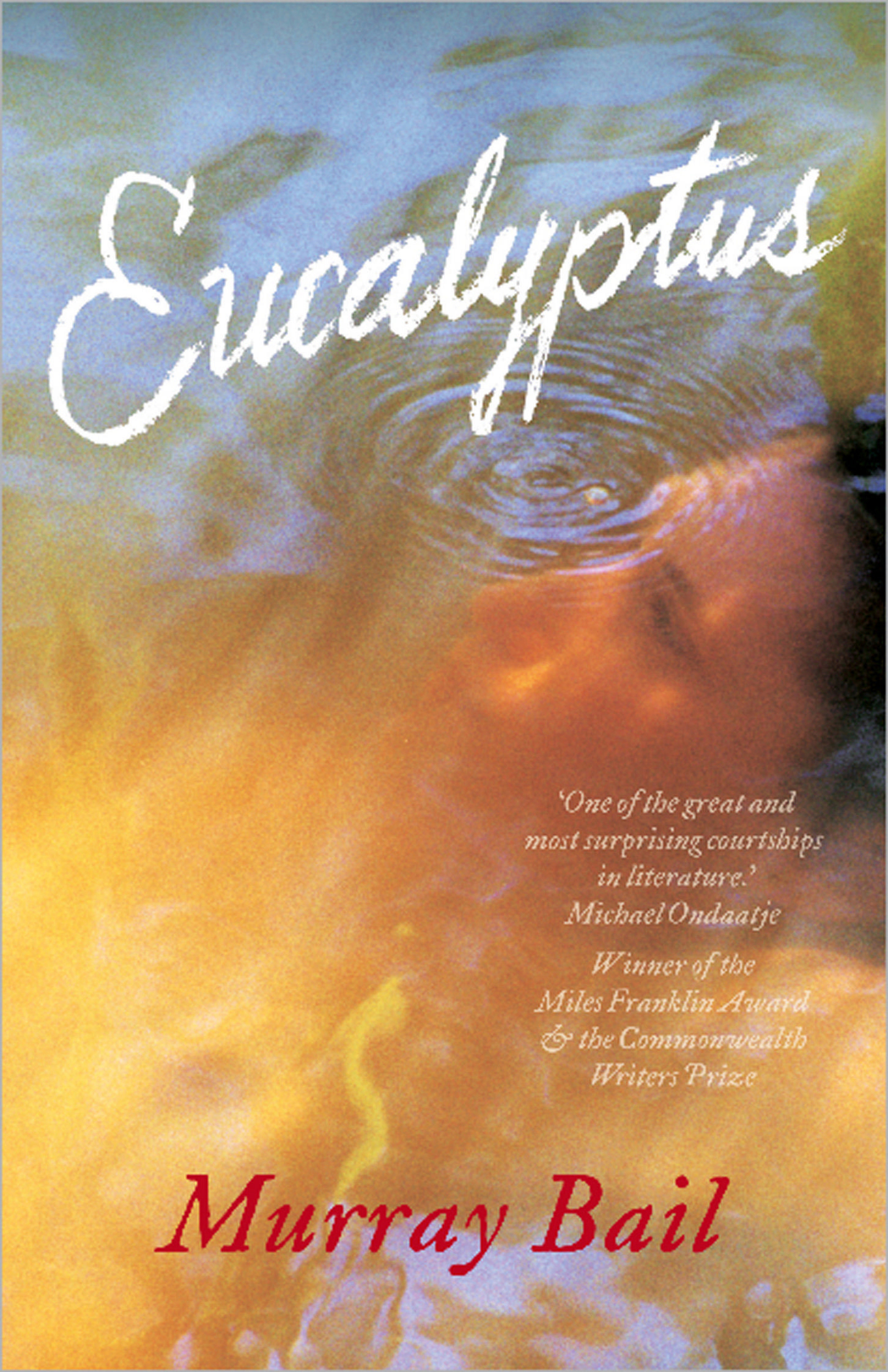| Birnam Wood takes a form of Bertha Locomotive in this version of Macbeth |
Re-telling Shakespeare has to be
controversial. My impression after reading the new version of the Merchant of
Venice was very positive. Maybe because
the book only loosely followed the original story that served as canvas on
which Jacobson explored the subjects related to being Jewish. It is a highly
intellectual book and by that seems appropriate in its seriousness to be linked
with Shakespeare. The story of Macbeth re-told by Jo Nesbo is different. This
was my first book by this particular author that I have read and most likely
will be the last. Not my type of a book even if I read it with interest and
give the author credit for the style and the way he tells the story keeping the
reader’s attention.
One point of retelling Shakespeare
is to prove its value and application in the current times and in varied genres
of novels. I would say that Shakespeare lands itself beautifully to be told in
the form of a modern crime story. There are enough of murders in so many of
them to satisfy a Scandinavian crime writer.
Macbeth in the Nesbo’s story is a
police commissioner who gets corrupted under influence of his Lady and his own thirst
for power. Quite like in the original. The circles of power are set
appropriately to the current times. Politicians, police and the drug world
cooperate, fight, scheme and generally form the town power center that rules
the life of the town and its people. Populism of the current politicians so
prevalent in real life is clearly visible in the book. Most of the crimes are
committed to create a happy environment for the citizens of the not-named town.
Everything is done for the higher good. In this sense the book is written, as
so many Scandinavian crime stories, with social conscience and preaching a
little. Not very convincingly this time.
Macbeth is a likable figure almost
through the whole book. He commands the murders but tries to keep away from
making his own hands dirty as far as he can. Duff – Macduff tells us that
Macbeth cannot kill a defenseless man. Even if there were some exceptions to
this rule this was only to protect others, like Duff himself. His weakness for
and dependence on Lady makes his character somehow soft and maybe because of
that likable. Top dog with underdog characteristics. Strange, but this is how
it worked for me. Lady is the owner of the most exclusive casino in the town,
clever, scheming, manipulating and beautiful. Like in the original. The whole
book is sequentially faithful re-telling of the Shakespeare Macbeth. One could
ask what is the reason for the exercise of re-telling? One possibility is that
this is a way to familiarize people with the story and dynamics behind it, so
they get the idea of the classic without reading it. In my case I have found
out the opposite. After reading the book I know how Nesbo writes and I know
that I do not have a desire to continue reading his books. I have no better
perspective of the classic masterpiece. I wonder how I will react to the remaining
Shakespearean books, but I somehow lost the initial enthusiasm and do not
expect fireworks.
Back to Macbeth – My view is that it
is a well written crime story respecting the sequence of events and I generally
liked it. I have reservations concerning
psychological viability of many character changes. This is mostly sloppily
done, but maybe this kind of a book does not need to be psychologically
pedantic? I would disagree, though. The changes of Lady who at some point loses
her way and leaves Macbeth on his own do not ring psychological truth to me.
After Lady is mentally out of the game Macbeth’s political acumen and insight
are not enough to lead the intrigue into a successful completion. Her mental
abilities are temporarily revived to push the action a bit further until such a
time when a splendid catastrophe can complete the story.
My next book is re-telling Otello - New
Boy by Tracey Chevalier. I like the begging already.
